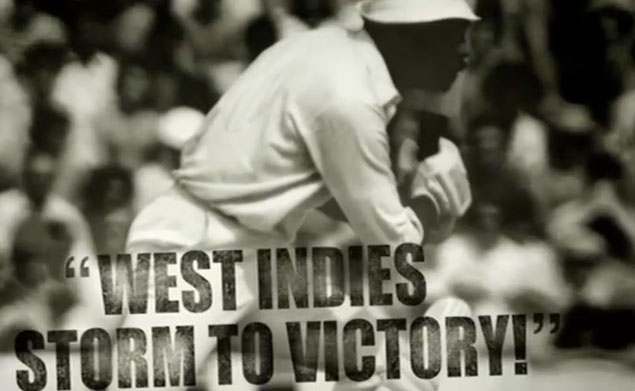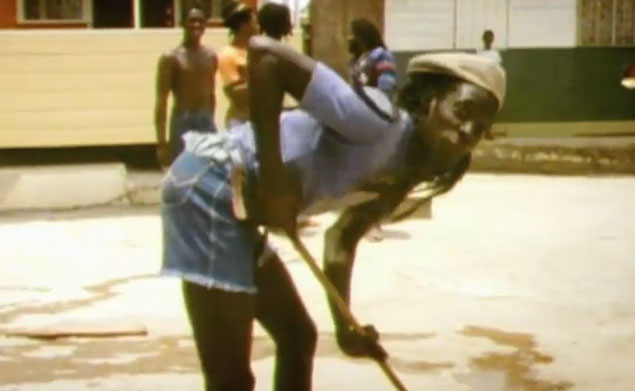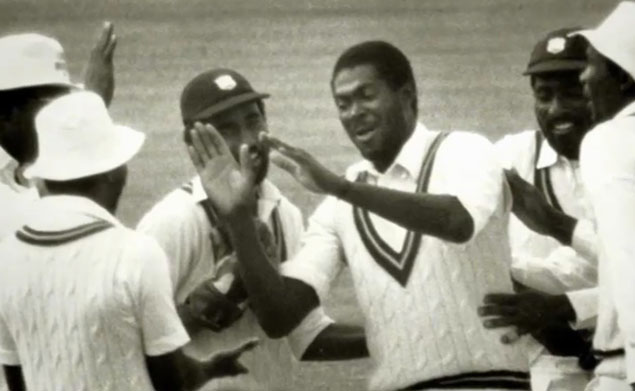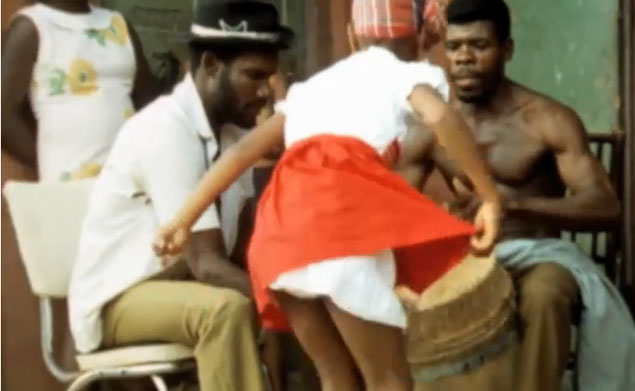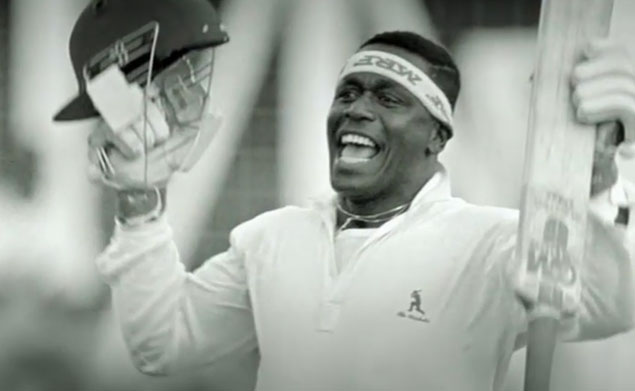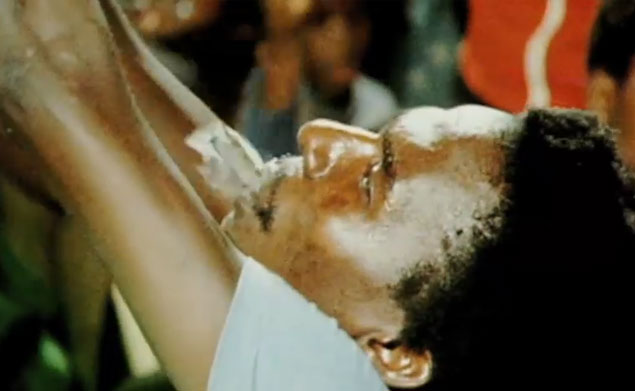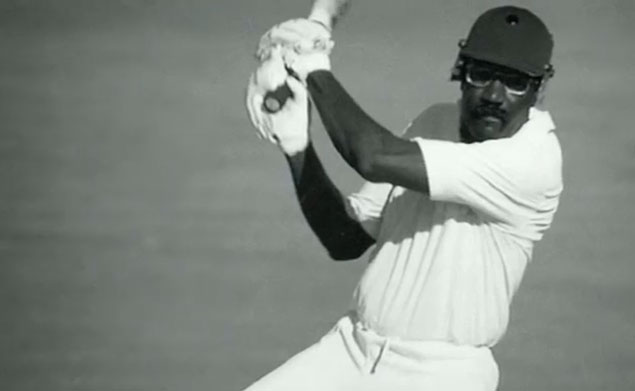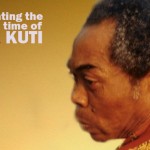Bat Men: Fire in Babylon: Documenting how the Sport of Cricket Enabled the Emergence of African Pride and Culture in the West Indies
I was 12 years old; my first year at a school in Canada and a friendly red-haired girl approached me. I was different. I had a funny accent and wore colourful clothing. As a friendly gesture, she asked a question I am sure she thought would at least generate an expected response (basketball, football, baseball, rugby…. heck even badminton). ‘What’s your favourite sport’ she asked? ‘Cricket’ I responded. She looked at me puzzled and I could see in her face that not only did she not have a clue about the sport but she thought that I was too different for her to even continue to pursue some sort of friendship. I failed the one test that would have enabled her to see beyond my race/culture and establish that initial common ground, so we can move forward and learn about each other.
A one point or another, we have all witnessed the power of sports. While most of us indulge in sports for the high level of athleticism, skills and outright fun sports have to offer, we also benefit from its ability to break barriers and mend bridges. Some have even argued that sports have also been used as a tool by the dominant culture to encourage assimilation. Regardless of its purpose, we can’t deny the power of sports. It helps one to see beyond race, culture and all of those other cleavages that divides us. Sports help to build ‘imagined communities’ whereby all our differences are obscured while we live ‘in the heat of the moment.’
In a new documentary aptly titled, ‘Bat Men: Fire in Babylon,’ Steven Riley chronicles how the sport of cricket was used by West Indian players as a means to embrace and displace their pride and culture. Prior to the rise of team West Indies (AKA Indy’s) in the mid-1970’s, the display of African pride and culture in the West Indies on the world stage was far and in between. The sport of cricket, long known as an elitist Englishman sport, was brought to the West Indies as a means of enforcing English hegemony and Anglicization throughout the islands. Nokho, instead of simply playing the sport by adopting all of the techniques and mannerisms, West Indian cricket players were able to play well against their British counterparts (the developers of the sport) and this in turn fostered a sense of pride among West Indian players. This pride, manifested through the emergence of African culture.
With the success and emergence of the Indy’s, West Indian musicians and artists also basked in the opportunity to express their love for their culture. While Riley’s film has something to offer for all cricket enthusiasts, it also exposes the power of sports and shows the revitalization of African pride and culture in the West Indies. The background music in this documentary by reggae legends Bob Marley and Jimmy Cliff also helps to set the scene of 1970s to 1980s West Indies; One filled with life, love and culture.
Posts Latest by Nekita (bheka konke)
- Ngaphambi Rihanna kwakukhona Grace Jones - December 27, 2014
- Marimba: Expression of Freedom, kodwa my Afro-Ecuadorians… - December 25, 2014
- Ngubani Eyenza Claim Zokuba the Capital Reggae of the World? - December 24, 2014


